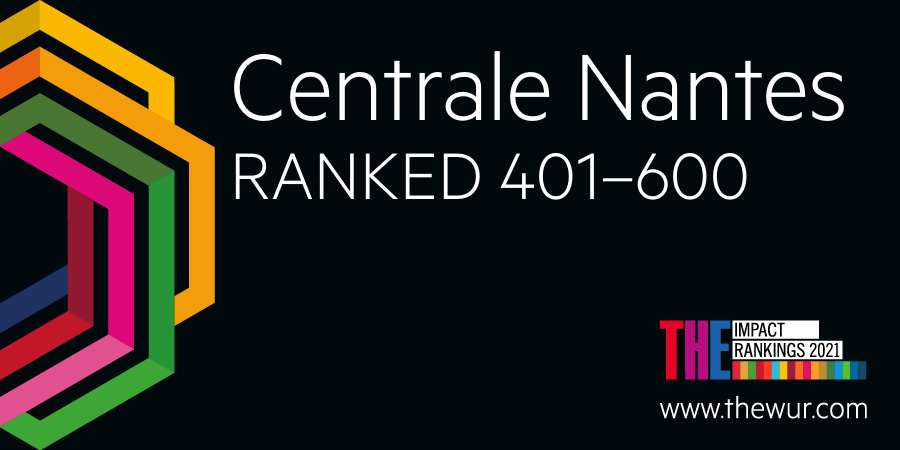-
Le site des clubs et assos des étudiants de Centrale Nantes
https://alpha-centralenantes.ec-nantes.fr/ -
Porte d’entrée du réseau des acteurs en Recherche, Formation et Innovation des Pays de la Loire
https://www.weamec.fr/







